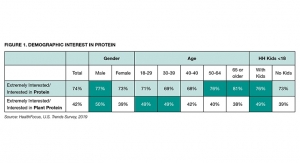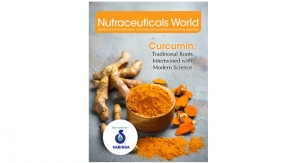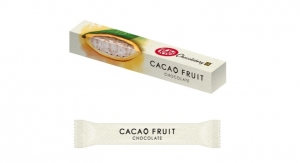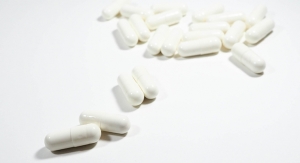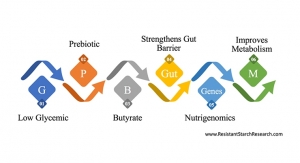11.01.19
Results of a preclinical study conducted by Nestlé were published in the journal Nature Communications, a peer-reviewed open access scientific journal published by the Nature Publishing Group.
The study investigated the impact on the liver when its cells lose the ability to use the nutrient nicotinamide riboside (NR). The preclinical study concluded that the tissue’s natural ability to utilize NR is important for maintaining resilience during periods of metabolic stress such as a high-fat diet. It is also the first study to show the physiological consequences that arise when cells lose the ability to use NR.
In December 2018, ChromaDex entered into a license and supply agreement for NIAGEN (nicotinamide riboside) with Nestlé Health Science, a global leader pioneering quality science-based nutritional health solutions.
The body uses NR to boost nicotinamide adenine dinucleotide, or NAD, a molecule found in cells that powers metabolism and helps cells be more resilient in the face of metabolic stress. Recent studies have shown preclinically that NR has unique NAD-boosting properties in the liver and physiological benefits for aged blood stem cells. This new study provides additional evidence that NR is physiologically distinct from other NAD precursors and may play a unique role in maintaining cellular health and resiliency in the face of metabolic stress.
“This is an important study by Dr. Canto and our partners at Nestlé,” said Dr. Matthew Roberts, chief scientific officer at ChromaDex. “The findings highlight an emerging area of research in the physiological uniqueness of NR as an NAD precursor and furthers our understanding of the role NR plays in liver health.”
Dr. Carles Cantó, scientist at Nestlé, who is the corresponding author of the study said, “This is the first paper suggesting a functional uniqueness of NR that cannot be mimicked by other precursors and indicates that there might exist true situations of NR deficit and not simply NAD+ deficit.”
The study investigated the impact on the liver when its cells lose the ability to use the nutrient nicotinamide riboside (NR). The preclinical study concluded that the tissue’s natural ability to utilize NR is important for maintaining resilience during periods of metabolic stress such as a high-fat diet. It is also the first study to show the physiological consequences that arise when cells lose the ability to use NR.
In December 2018, ChromaDex entered into a license and supply agreement for NIAGEN (nicotinamide riboside) with Nestlé Health Science, a global leader pioneering quality science-based nutritional health solutions.
The body uses NR to boost nicotinamide adenine dinucleotide, or NAD, a molecule found in cells that powers metabolism and helps cells be more resilient in the face of metabolic stress. Recent studies have shown preclinically that NR has unique NAD-boosting properties in the liver and physiological benefits for aged blood stem cells. This new study provides additional evidence that NR is physiologically distinct from other NAD precursors and may play a unique role in maintaining cellular health and resiliency in the face of metabolic stress.
“This is an important study by Dr. Canto and our partners at Nestlé,” said Dr. Matthew Roberts, chief scientific officer at ChromaDex. “The findings highlight an emerging area of research in the physiological uniqueness of NR as an NAD precursor and furthers our understanding of the role NR plays in liver health.”
Dr. Carles Cantó, scientist at Nestlé, who is the corresponding author of the study said, “This is the first paper suggesting a functional uniqueness of NR that cannot be mimicked by other precursors and indicates that there might exist true situations of NR deficit and not simply NAD+ deficit.”



